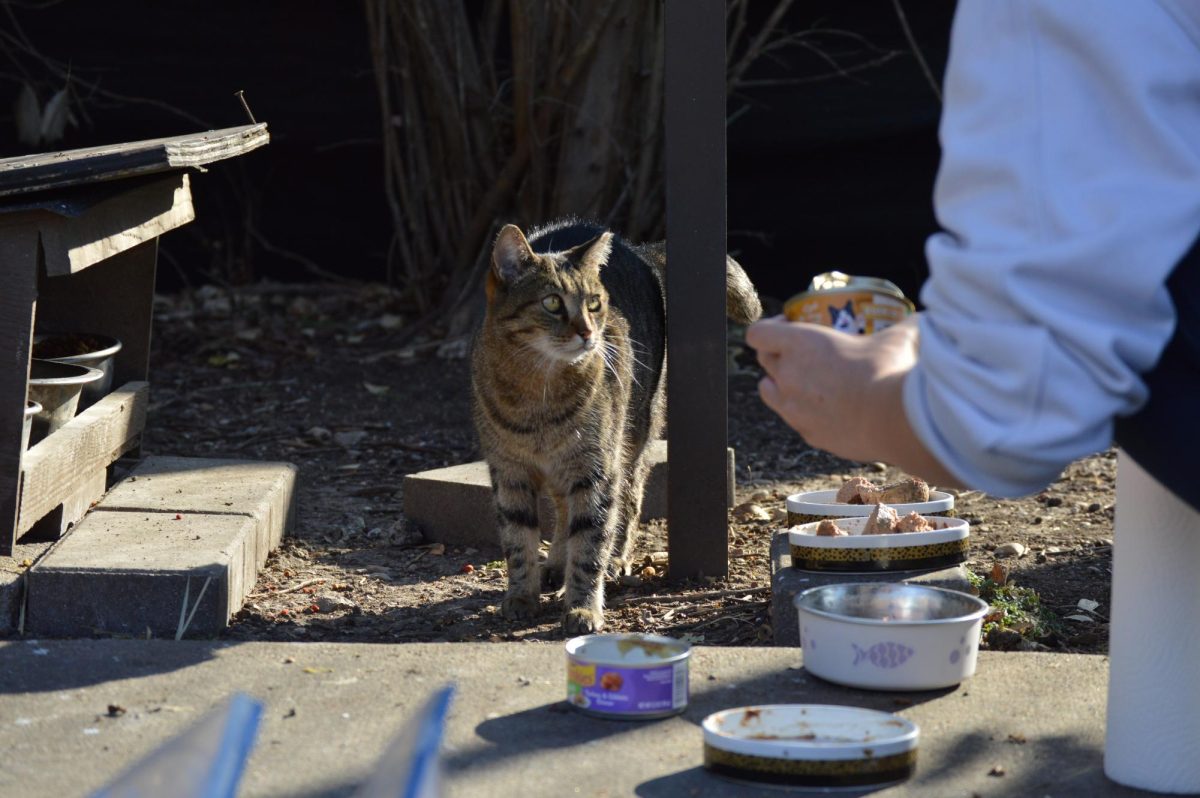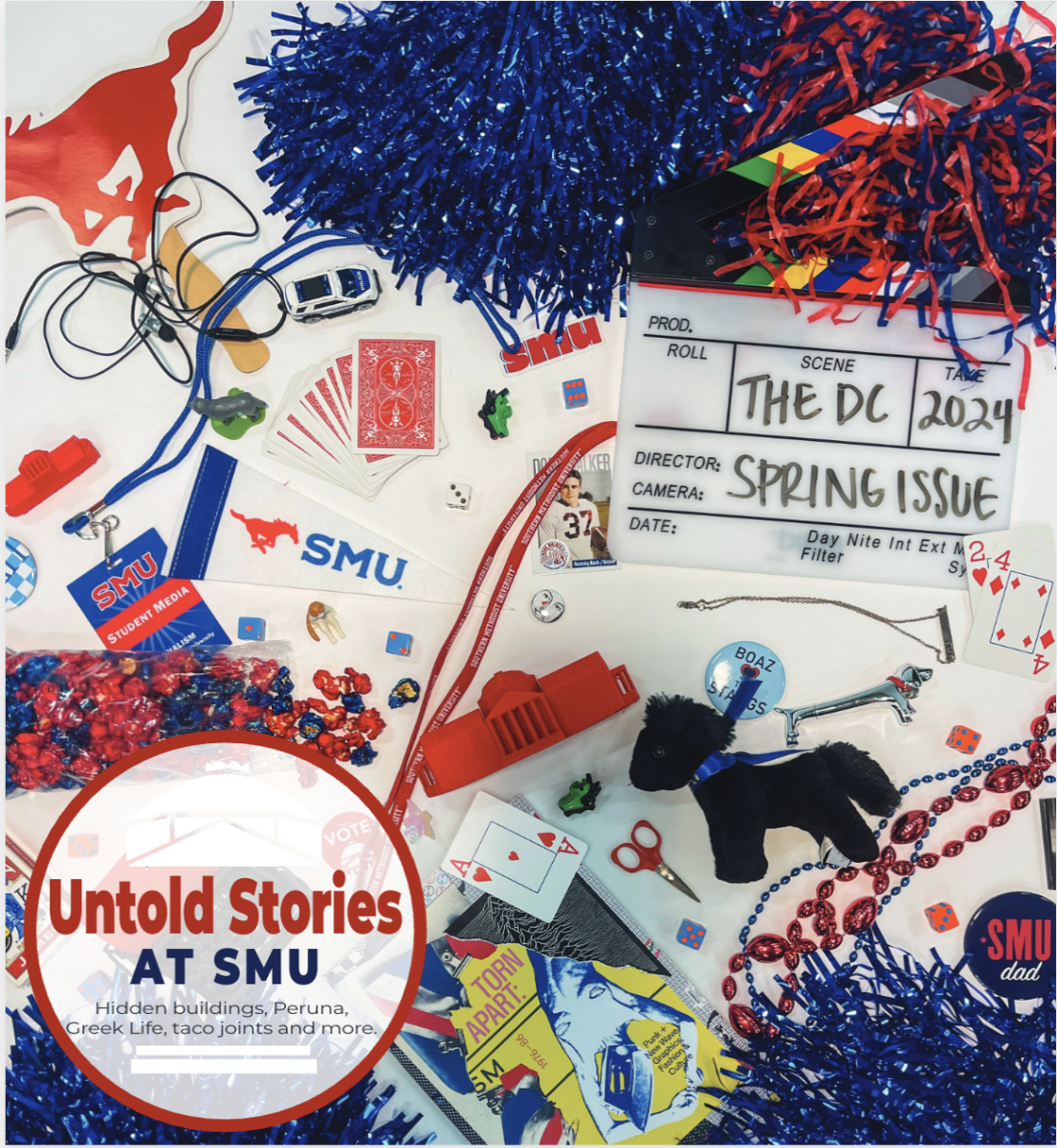The growing world population has created a food crisis, and now global officials are working to solve it, asserted Frode Nilssen, a business professor at Nord University in Norway who spoke in the McCord Auditorium on April 10.
Nilssen stated the best way to solve the crisis is to go to the areas affected and see what can be done to help in the long term.
“You have to go there to give the help. In order to have effect, its no use to sit here and send off some small gifts,” Nilssen said.
Nilssen was referring to traveling to areas in need of help and finding ways to aid them in finding sustainable means of producing food, as opposed to sending them a small amount of food or water.
“I think the most important thing is going to the different regions to see how is it possible to develop these areas,” Nilssen said.
Countering economic, political, and social challenges are key factors in ending world hunger. SMU political science professor Stephen Wegren explained how these three challenges work together.
“They are combined and so, they work in tandem,” Wegren said. “You can’t take out the social effects, and from the economic effects, they reinforce each other.”
Nilssen discussed how population, food, climate, and energy interact and how each impact the environment.
“It affects our everyday life, what do you do, what you should do or not do,” Nilssen said.
Nilssen emphasized the importance of taking action in the areas affected by the food crisis.
“One of the most important things that you can do is take the regional solutions,” Nilssen said. “You have to seek each region and what do you do in order to secure the balance in the location.”
Wegren also commented on the negative effects of the industrial agricultural system.
“There has [sic] to be regional solutions. The developed world needs to think about changing its diet,” Wegren said. “The diet that we have right now, it’s destroying the earth. The industrial agricultural model is destroying the earth.”
Student Isaac Guerra described what he believes is the first step in solving the crisis, identifying what the major challenges would be.
“I guess it could be solving the challenges we have now,” Guerra said. “Start working on the challenges we have, the small challenges right now, but later its gonna be more challenges for us, so we have to stay ahead of these threats.”









